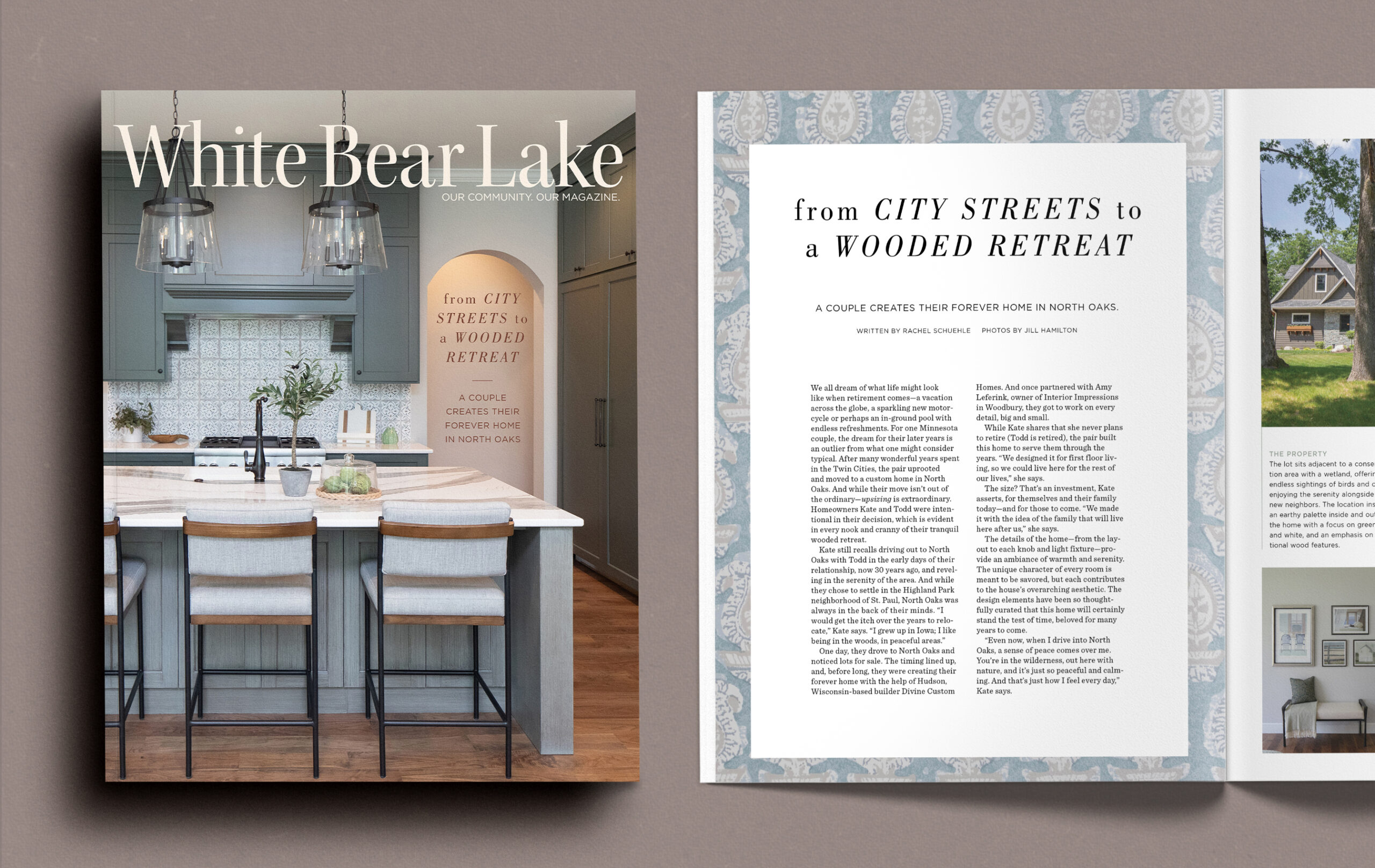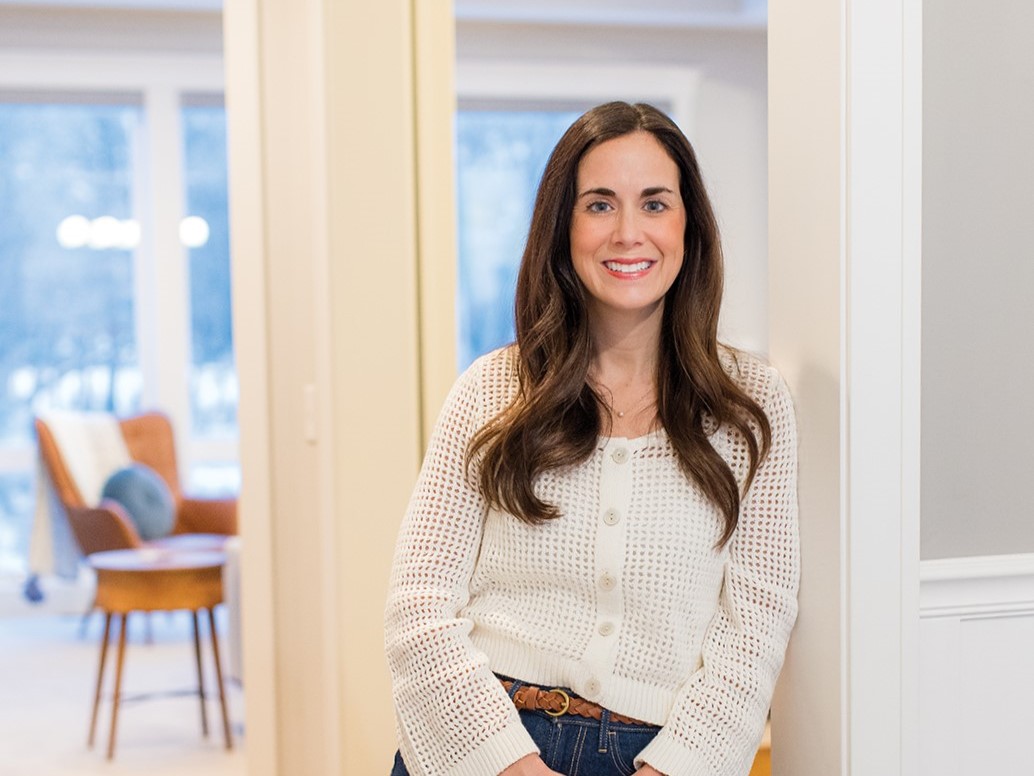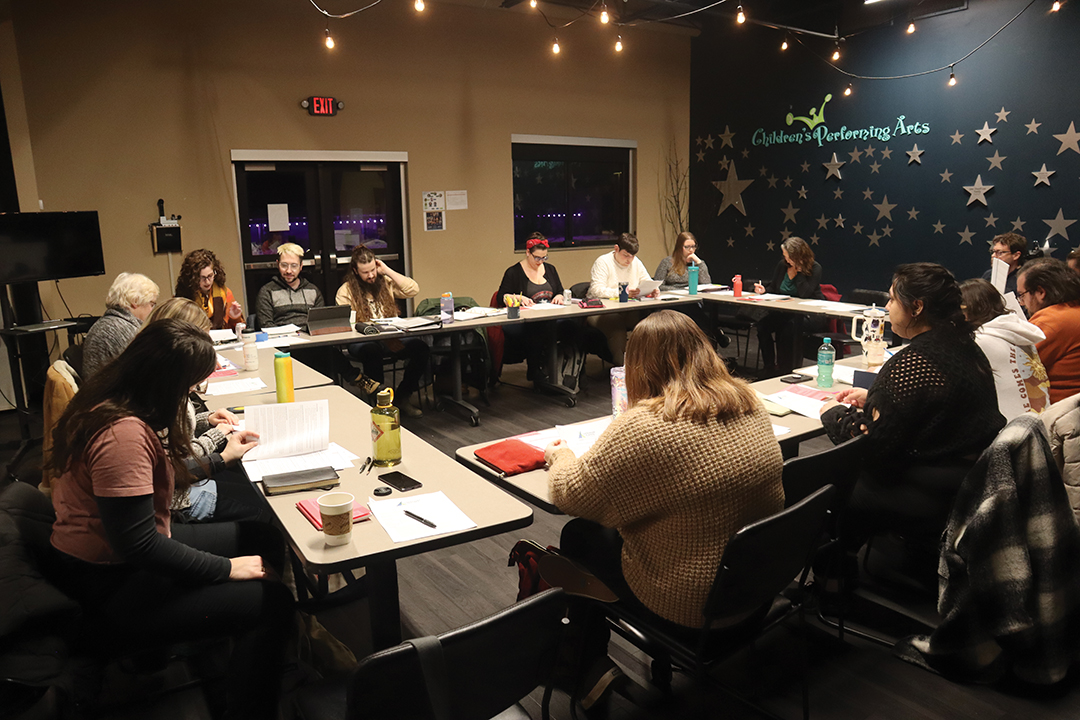
Photo: Chris Emeott
Local non-profit turns stumbling blocks into stepping stones.
Sara Swan has over two decades of experience in special education. Swan found schools were very system-centered, emphasizing a collegiate-focused model that might not be right for everyone. In 2001, Swan discovered an approach to challenge the formulaic strategy when she took a training course on person-centered thinking and later turned a one-time mentorship into a full-fledged organization called Looking Forward Life Coaching (LFLC), a non-profit mentorship program that works alongside people who could use some assistance in a variety of ways.
It started while working at a preschool. She had a conversation with a coworker about the coworker’s son, who had difficulty in high school and was struggling in college. The coworker, who knew about Swan’s background in special education and asked if Swan could help.
Swan agreed and started meeting with Nate, and the two began setting goals, which they worked toward for about 20 months. The success of those interactions led to LFLC.
Swan’s LFLC staff meets clients across the metro in their homes, at coffee shops, in restaurants, at parks or virtually. A person-centered approach is the mantra of LFLC. “We are able to tailor it to whatever the client needs,” Swan says. Topics include tutoring to prepare for the SAT/ACT, learning how to travel internationally, obtaining a driver’s license, honing interpersonal skills and more.
Nate has been working with Swan for 10 years. “She’s helped me get through college, find a career, prepare me to rent my first place and become independent,” Nate says. “Together, we turned what worked for me into Looking Forward Life Coaching.”
Swan says the reason the organization is called Looking Forward is because mentors and clients spend their time together doing just that—looking forward. “We’re not therapists, we’re not social workers or anything like that, so we’re not focusing in on the past per se,” Swan says. “It’s more, ‘What are the tools that we can put into their tool box of life that can be beneficial to take them to the next steps in life?’”
In particular, Swan recalls a young woman, who wanted to move to North Carolina to be with her boyfriend. Working on a nine-month timeline, Swan and the client broke down the move step-by-step, including searching for an apartment, applying for identification and renewing her driver’s license. Up to the week before the move, Swan and the client worked to get everything ready.
Nearing moving day, Swan took the client out to lunch, bringing a box with her. “Our theme is changing stumbling blocks into stepping stones,” Swan says. “I gave her this box. In this box, I had taken rocks and on each one of the rocks I had written each one of those different goals: find an apartment, renew driver’s license, save up money, so on and so forth … I said, ‘Listen, this was you; you did this. I came alongside you and encouraged you, but this was you. You changed all these things that were once stumbling blocks into stepping stones, and, look, you get to get on the airplane tomorrow, and you’re moving to North Carolina.’”






















